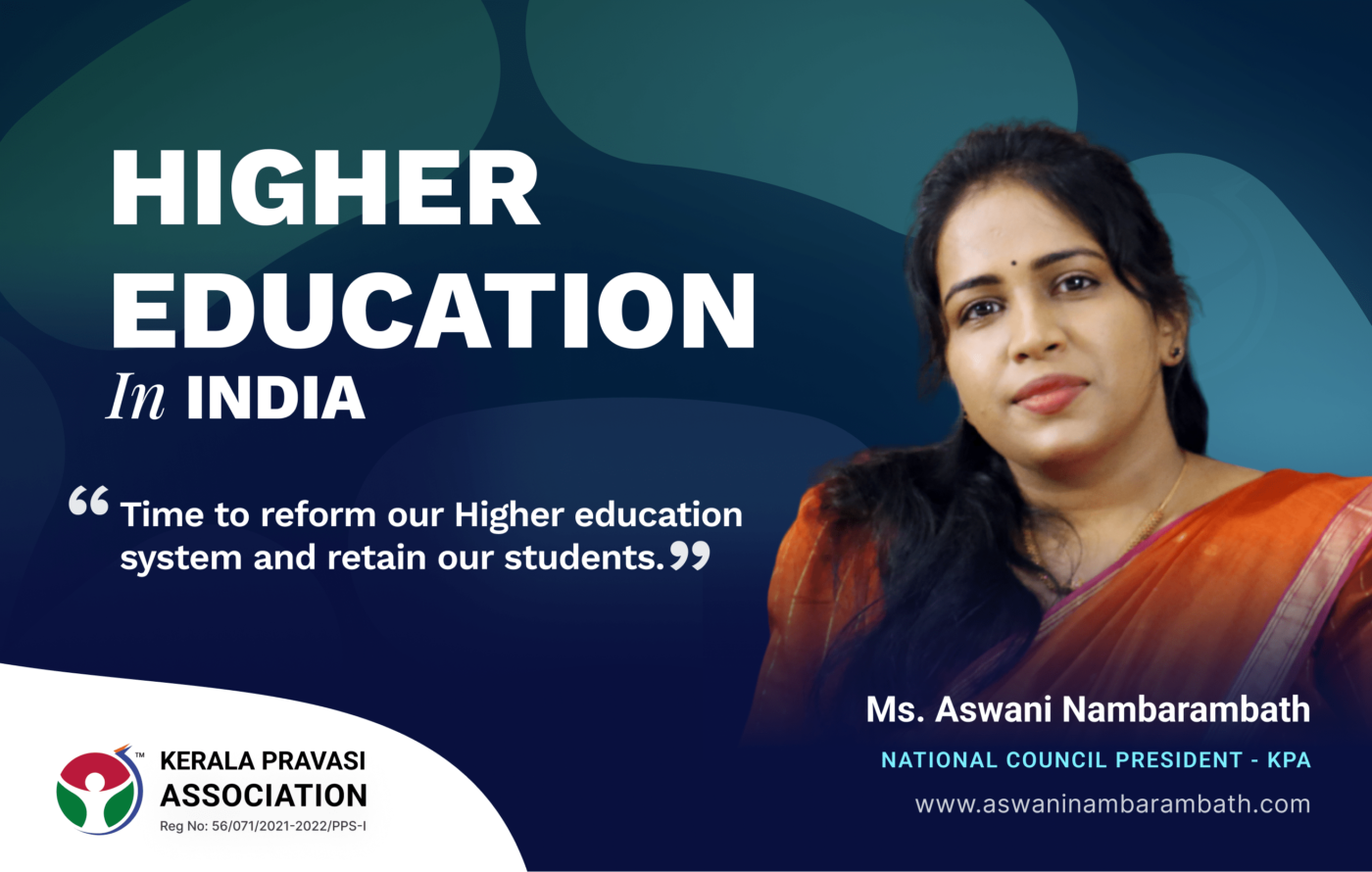A radical change is necessary in the higher education sector in India by welcoming International universities and institutions to the country. By giving foreign universities an opportunity to operate their campus in our country, the country can retain its foreign students, promote India as a global education hub as well as save foreign exchange losses.
In a first, the University Grants Commission (UGC) has unveiled a draft regulation facilitating foreign universities and institutions to set up campuses in India which will allow them the autonomy in determining fees, as well as a 90-day approval process.
After Chinese students, today Indians make up the largest number of foreign students in countries such as the US, UK and Australia.
By promoting India as a global education hub, the Ministry of External Affairs hopes to retain the estimated 1.3 lakh students (2022 figures) who are studying abroad. According to the Reserve Bank of India (RBI) this accounts for foreign exchange of Rs 5 billion (FY 2021-2022), which was lost as students chose to pursue their education abroad.
Welcoming foreign universities will pave the way for India to become a global destination for education. This will not only prevent brain drain and financial loss of Indian students studying abroad but also attract foreign students to India. These institutions will also have the autonomy to decide its fee structure and will not face the limits imposed on Indian institutions, as long as they are ‘fair and transparent’. The universities must also ensure they do not offer ‘any such programs which may endanger the national interest of India or the standard of higher education in India.’
A legislative framework facilitating the entry will be put in place, and universities will be given special dispensation regarding regulatory, governance, and content norms on par with other autonomous institutions of India. The Foreign Exchange Management Act will be followed when it comes to situations involving money and funding.
But along with this, it is also time necessary for the government to develop better infrastructure, that will support international students, in the country. Better jobs and better safety must be prioritized. The long term impact on the existing Indian educational institutions may also prove to be beneficial. The current breed of outdated institutions in India will be subject to dose of competition, which will turn to be positive. It will encourage competition among various players in the country and allow faculty-to-faculty research collaboration among various universities.
Such moves should be welcomed at this time when a radical change in the field of education is necessary. Before voicing any opposition, we should be ready to assess how this move will benefit the future of education in India and our future generations. Now is not the time for cynicism and criticism.
KPA wholeheartedly welcomes the decision by the UGC.





